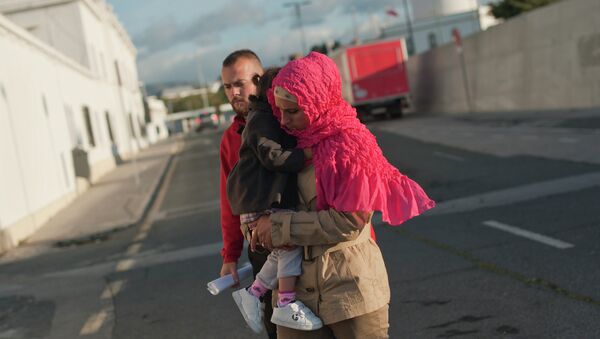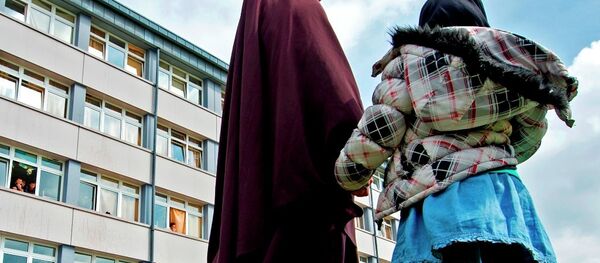In 2014, Spain granted asylum to 1,585 people, which is lower than many EU countries. According to local rights groups, the government is not reacting sufficiently to the ongoing migrant crisis.
"The Spanish government has not shown solidarity and commitment to the refugees, as was demonstrated by the practice of illegal returns in borders of Ceuta and Melilla," Nuria Diaz said, referring to Spain’s autonomous cities in northern Africa.
The government's inaction is "also demonstrated now by the refusal of the European Commission’s asylum quotas," Diaz said. "[All this] responds to the line of border closures, which prioritizes national security over human lives."
In May, the European Commission called on EU member states to help host some 40,000 asylum seekers who had arrived in Italy and Greece, proposing a quota plan to relocate them throughout the bloc. Spain, alongside, Germany and France, would have received the most migrants under the plan that took into account social and economic indicators in the EU member states.
Earlier this week, Spanish Prime Minister Mariano Rajoy said the country was ready to host over 2,700 refugees under the EU quota plan, provided several conditions, such as Italy and Greece opening operational refugee centers to distinguish between those who are really entitled to asylum and those who have left their countries for economic reasons, were met.




